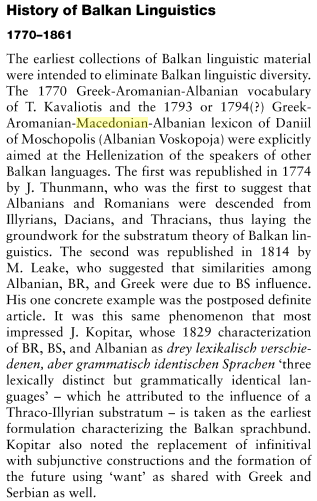Thanks mate. In the meantime, here is an example of some Illyrian names as they appeared in Greek or Latin characters, which gives an indication of nominative and genitive cases - but again, one cannot be sure if they have been given a Greek or Latin interpretation, or if they are the native forms. If they were native, then it is an example of Illyrian names without the IE suffix ending in -s, as shown in the second example:
Andes (masc.) - Andia (femn.)
Panto (masc.) - Pantia (femn.)
Aplis/Aplinis (masc.) - Aplo/Aplonis (femn.)**
**Aplis/Aplo occurs as a root for other names in Liburnia and Istria (Croatian and Slovenian coasts), for example, Magaplinus.
John Wilkes also writes the following: Though they are separately identified in the historical sources there was undoubtedly a close association between the Liburni and Veneti, from the distribution of distinctive names with the stems hosti in Hostiducis (genitive), or vols-/volt- in Volsetis (gen.), Volso, Volsonus, Voltimesis (gen.) and Voltis(s)a.
He also writes the following: ...........Scodrina from the Illyrian capital Scodra, an adjectival form that appears on local coins.
This part is interesting, because there can be found parallels in today's Slavic languages where a noun becomes an adjective, like in English - hunger (noun) and hungry (adjective). Here are some examples in Macedonian that have a similar adjective ending as Illyrian:
Noun - Adjective, femn.
Med (honey) - Medena (sweet)
Zhed (thirst) - Zhedena (thirsty)
Voda (water) - Vodena (wet)
Scodra - Scodrina <----- Illyrian example.
Although the data we have of Paleo-Balkan languages is rare, we still have enough to re-construct certain elements. This may be one of them, and although I haven't looked into it too deeply, I cannot find parallels in Greek or Albanian.
What do you think Slovak?
Andes (masc.) - Andia (femn.)
Panto (masc.) - Pantia (femn.)
Aplis/Aplinis (masc.) - Aplo/Aplonis (femn.)**
**Aplis/Aplo occurs as a root for other names in Liburnia and Istria (Croatian and Slovenian coasts), for example, Magaplinus.
John Wilkes also writes the following: Though they are separately identified in the historical sources there was undoubtedly a close association between the Liburni and Veneti, from the distribution of distinctive names with the stems hosti in Hostiducis (genitive), or vols-/volt- in Volsetis (gen.), Volso, Volsonus, Voltimesis (gen.) and Voltis(s)a.
He also writes the following: ...........Scodrina from the Illyrian capital Scodra, an adjectival form that appears on local coins.
This part is interesting, because there can be found parallels in today's Slavic languages where a noun becomes an adjective, like in English - hunger (noun) and hungry (adjective). Here are some examples in Macedonian that have a similar adjective ending as Illyrian:
Noun - Adjective, femn.
Med (honey) - Medena (sweet)
Zhed (thirst) - Zhedena (thirsty)
Voda (water) - Vodena (wet)
Scodra - Scodrina <----- Illyrian example.
Although the data we have of Paleo-Balkan languages is rare, we still have enough to re-construct certain elements. This may be one of them, and although I haven't looked into it too deeply, I cannot find parallels in Greek or Albanian.
What do you think Slovak?


Comment